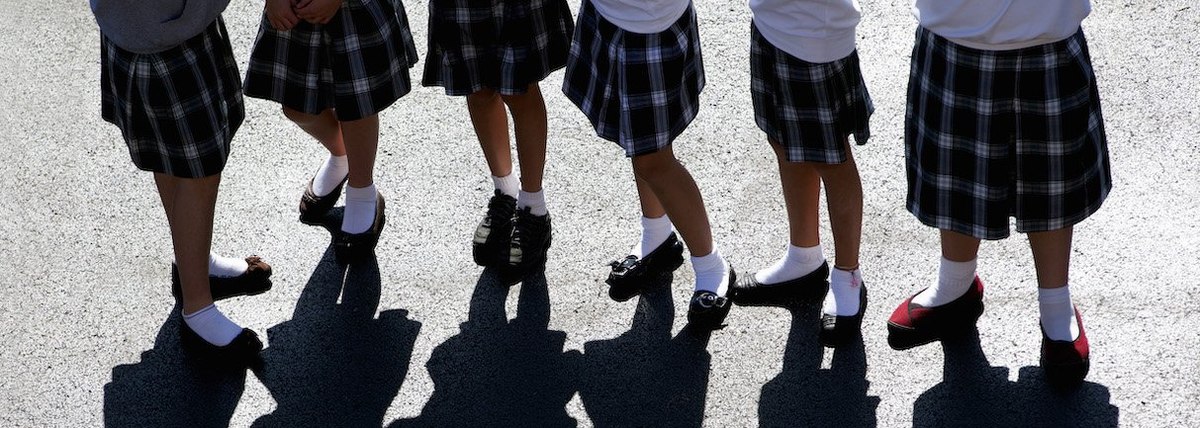While public schools in the United States are almost entirely mixed-sex, families considering private schools often have the option to send their children to a single-sex school, consisting only of girls or boys. Recent polling by YouGov finds that at some point in their lives 19% of Americans have gone to a single-sex school, including a single-sex elementary school (5% have gone to one), middle school (7%), high school (10%), or college (4%). Single-sex schooling experience is more common among men (23%) than among women (15%).
People who have a postgraduate degree are especially likely to have attended a single-sex school (29% did vs. 19% of Americans overall). Experience with single-sex schooling is also more frequent among people living in the Northeast (27%); people in the Midwest, on the other hand, are least likely among the four major U.S. regions to have been to a single-sex school (13%).
While we have not controlled for other factors that may contribute to this relationship, we find a connection between sexual orientation and single-sex school attendance. Among men who identify as gay, 43% say they've attended a single-sex school; among lesbian women, 34% say they have. Both figures are much higher, respectively, than among self-identified heterosexual men and women. Bisexual men and women are also more likely to say they've attended a single-sex school than heterosexual men and women are, respectively.
How does single-sex schooling compare to mixed-sex schooling? American adults are divided in this regard. Roughly equal shares say that boys are worse off in single-sex school (23%), that boys are better off in a single-sex school (21%), or that there is no difference (25%). Opinions on which form of schooling is better for girls — single-sex or mixed-sex — are similar to opinions on these options for boys. When it comes to both boys and girls, men are more likely than women to see single-sex schooling as the better option.
Single-sex schools are especially likely to be seen as beneficial by people who attended one. Nearly half of men who went to an all-boys school (45%) believe this style of schooling is better for boys than mixed-sex schooling, compared to just 29% who favor single-sex schools; women who went to an all-girls school are less sure about the benefits of sending boys to an all-boys school. Both men and women who attended single-sex schools are far more likely than not to believe girls are better off in a single-sex educational environment.
One common argument in favor of single-sex schooling is that it reduces the prevalence of gender stereotyping within the classroom, allowing girls and boys to explore subjects they may have otherwise avoided or been discouraged from. Without controlling for other potential causes, we do find that women's college majors are consistent with this theory. Among Americans with a four-year college degree, we find that women who attended an all-girls school are more likely than those who didn't to have majored in certain male-dominated fields, such as computer science and accounting, and less likely to have majored in certain female-dominated fields, such as education.
See the toplines and crosstabs from this poll:
- Have you ever attended a single-sex school?
- Compared to attending co-educational schools, do you think girls are better or worse off in single-sex schools?
- Compared to attending co-educational schools, do you think boys are better or worse off in single-sex schools?
Methodology: This Daily Questions survey was conducted by YouGov using a nationally representative sample of 11,362 U.S. adults interviewed online on October 12 - 13, 2022. The samples were weighted to be representative of the U.S. population, based on gender, age, race, education, U.S. census region, and political party.
Image: Getty Images (Jonathan Kirn)













